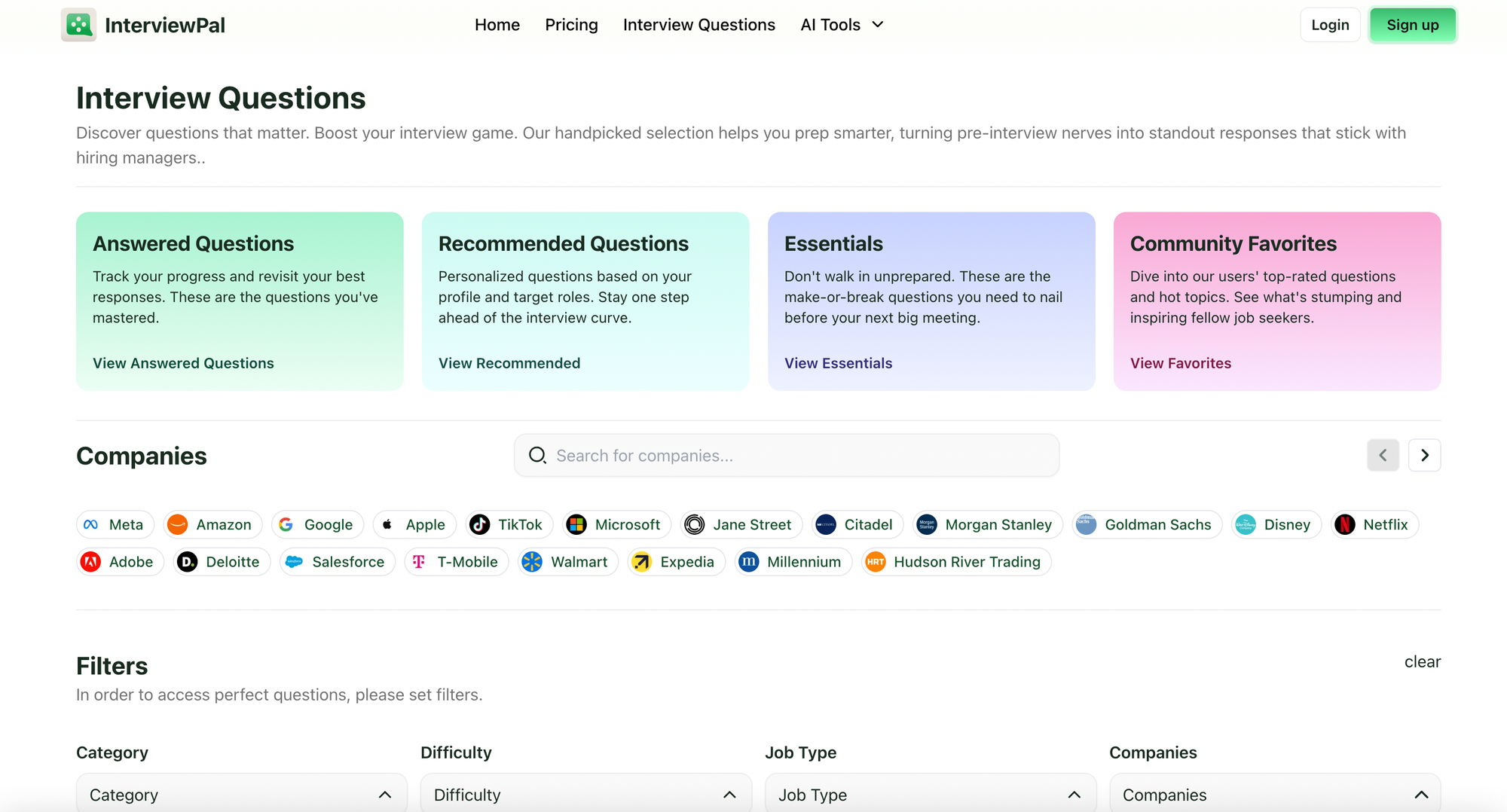You took time off. Maybe for something planned, maybe not. Maybe it was messy. You got sick. You burned out. You were taking care of someone. Or you just couldn’t keep going the way things were.
Now you’re trying to get back into the job market, and you're staring at your resume like it just betrayed you. And worse, you’re already bracing for that question: “So, what were you doing during that time?”
It’s exhausting. Not just because you need to explain it, but because part of you still feels like you have to justify existing outside of work.
Here’s the thing: a career gap isn’t a character flaw. You don’t need to apologize for not being constantly employed. Life happened. You’re here now. That’s the headline.
I’ve worked with so many people - smart, capable, wildly competent people, who whisper their gap like it’s a confession. “I was dealing with some things.” “I had to step away for a bit.” “I know it looks bad, but..”
Let’s stop that.
The goal isn’t to spin your time away from work into some heroic narrative. The goal is to own it like a grown adult who made the best choice they could with the cards they had. And then to move the conversation forward.
You Don’t Owe Anyone a Perfect Explanation
Start here: you are not required to share the details of your life with a hiring manager. You can be honest and maintain your privacy. You can speak clearly and protect your boundaries.
If you took time off for your health, you don’t have to say what happened. You don’t need to go into a family crisis. You don’t have to explain a breakdown. You can say:
- “I took some time to focus on health and reset.”
- “I was supporting a loved one through long-term care.”
- “I stepped away from full-time work to focus on personal matters.”
That’s enough. It’s not evasive. It’s just a boundary. And if someone wants to press beyond that? That tells you something about them, not you.
What Interviewers Actually Want to Know
They’re not digging for dirt. They’re trying to figure out: Are you still sharp? Are you ready to work? Can you bring value to the team?
That’s it.
They don’t need a timeline of your worst months. They need a sense that you’re back in the game, focused, and still capable. That’s what you should be conveying, not the details of your gap, but the clarity you have now.
So when you explain it, do it like this:
- Say what happened, briefly. No drama. One sentence.
- Mention how you stayed connected, if you did. Freelance, reading, courses, consulting, anything.
- Focus on what you’re looking forward to in your next role, such as building strong working relationship with employees.
Example:
“I took time off to support a family member through a long-term health issue. During that time, I kept up with industry developments and did some freelance work on the side. I’m now looking to return full-time and excited to bring everything I’ve gained into this next role.”
It’s not magic. It’s just honest, forward-facing, and brief.
If You Did Nothing “Work-Related,” That’s Still Fine
Let’s be real, sometimes you’re just surviving. There was no course. No freelance. You were just trying to get through the day. That’s okay. It’s still enough.
You don’t need to perform productivity to be worthy of being hired again.
You can say:
“That time was about rest and recovery. I learned a lot about resilience, boundaries, and perspective. I’m now ready to step back into a role that’s meaningful and aligned with my strengths.”
This is not about covering up. It’s about standing in your story and then moving the conversation where it needs to go, toward what you’re ready to do now.
Talk About the Gap Without Making It the Main Story
Your job isn’t to defend the gap. Your job is to show how you fit this job now.
If the interviewer wants to dig into it, you give them the brief version. Then you redirect.
“That was a chapter that taught me a lot. I’m excited about this role because…”
“I had time to reset and reflect, and now I’m ready to contribute in a real way.”
Don’t apologize. Don’t overshare. And don’t spend five minutes explaining something that took two sentences.

Resume Tips (When You’re Worried About the Blank Space)
The resume can feel brutal. If there’s a gap, it’s sitting there like a silent accusation. Here’s how to quiet that voice.
- Use years, not months. “2021–2023” is cleaner than “April 2021 to February 2023.” It creates less visual noise.
- Don’t hide it. If it’s a big gap, address it head-on in a short line:
Career Pause - Focused on health and caregiving (2021–2023) - Add anything that shows you stayed sharp. Volunteering. Certifications. Courses. Even independent projects.
- Run a resume review on your resume, to make it sharper
You don’t need to fill every space with work. But if you did keep learning or building in any way, include it. It adds texture and confidence to your story.
And if you’re struggling to figure out how to write about the gap in a cover letter without sounding like you’re begging for a chance, our free AI cover letter generator can help. It’s designed to help people get their words out clearly, especially when the road’s been non-traditional.
Rebuilding Confidence Takes Time - But Start Now
The hardest part about a career gap isn’t explaining it. It’s rebuilding your confidence after it.
You might doubt yourself. You might feel slower, older, behind. You might imagine that everyone else has been sprinting ahead while you were stuck in neutral.
But the truth is, the people who hire well don’t care about a gap nearly as much as you do. They’re looking at your attitude now. Your readiness. Your ability to step in and contribute.
You are not broken. You are not a risk. You are someone who had a human experience and is now doing the brave thing of trying again.
Own that.
If you’re worried about the gap, that means you care. That means you’re thoughtful. That means you want to do it right. Those are good things.
But don’t let that care turn into shame. Don’t let it rob you of the clarity and strength that brought you here. You’ve done what you needed to do. You’re ready now. That’s the story.
And that’s enough.
Recommended Reading - No Experience? Here’s How to Write a Great Cover Letter Anyway



